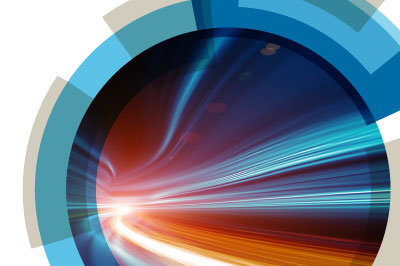The Royal Society of Chemistry are pleased to announce that this event will be moving online. This web page will be updated over the coming weeks with more details. If you have any questions please contact us at events@rsc.org
Welcome
On behalf of the scientific committee, we extend a warm invitation to you to join us online in November 2021 to discuss next generation nanoelectrochemistry. Faraday Discussions are unique international scientific conferences that focus on rapidly developing areas of chemistry and their interfaces with other scientific disciplines. Many Discussions have become landmarks in their field, and we hope you will join us at this Discussion to make your contribution to this famous series of meetings.
The meeting will be of interest to established scientists as well as post-graduate students and industrial researchers across a diverse range of disciplines, from chemistry, biology and physics through to electronic engineering.
This event follows on from the Faraday Discussion on Electrochemistry at Nano-interfaces in Bath in June 2018, and we very much hope you will join us online - we look forward to welcoming.
Hong-Yuan Chen and Yitao Long
co-Chairs, Next Generation Nanoelectrochemistry
Attendance
The Royal Society of Chemistry is keen to encourage and enable as many people as possible to attend our events, to benefit from the networking opportunities and the chance to hear talks from leaders in the field. If you would like to discuss accessibility, please contact us to discuss your requirements so that we can enable your attendance.
Introduction
Nanoelectrochemistry is important not only for achieving ultra-sensitive applications in fields ranging from energy to bioanalysis, but also contributes to more fundamental understanding of processes on this scale. While electrochemical processes occur within confined geometries at the nanometre scale, electrochemistry endows us with an ever-increasing ability to measure and understand with unprecedented precision, creating enormous opportunities.This Faraday Discussion meeting address the challenges in both fundamental and applied nanoelectrochemistry where new concepts and new knowledge play key roles. This meeting also encourages cross-disciplinary interactions for electrochemistry with biophysics, nanofabrication, informatics, electronics and beyond.
At this Faraday Discussion, we will discuss new concepts and knowledge within the field of nanoelectrochemistry, including the new methods and novel applications. These new methods for achieving high precise electrochemical measurement at nanoscale, make it possible to provide fundamental electrochemical concept/tool/techniques to integrate with advanced spectroscopy and informatics technology to achieve real-life applications.
Of rising importance is the development of new electrochemical spectroscopy at nano-interface, e.g. linked to novel mass spectroscopy, optical microscopy, electrochemical scanning spectroscopy, impedance microscopy and magnetic spectroscopy methods.
The discussions will involve the focusing on the novel informatics methods including deep learning and machine learning to mine the advanced knowledge hidden in the electrochemical recordings. In particular, we aim to shed light on the use of nanoelectrochemistry to provide new knowledge in the applications of single-molecule studies, single-nanoparticle electrochemistry and single-cell analysis.
This Faraday Discussion will potentially revolutionize both the understanding in nanoelectrochemistry and guide future developments in this exciting research area.
Themes
- Emerging electrochemical methods at the nanointerface
- State of the art energy conversion at the nanointerface
- Electrochemical data mining: from information to knowledge
- Advanced nanoelectrochemistry implementation: from concept to application
Format
Faraday Discussions remain amongst the only conferences to distribute the speakers’ research papers in advance, allowing the majority of each meeting to be devoted to discussion in which all delegates can participate. Following each meeting a written record of the discussion is published alongside the papers in the Faraday Discussions journal.Find out more about the Faraday Discussions in the video available.









